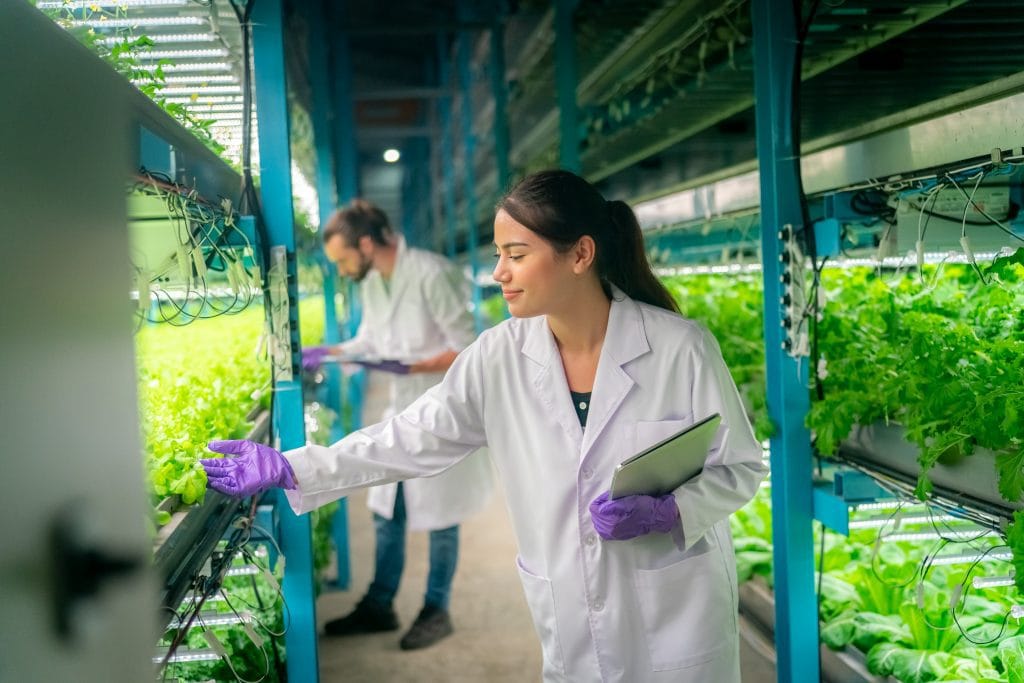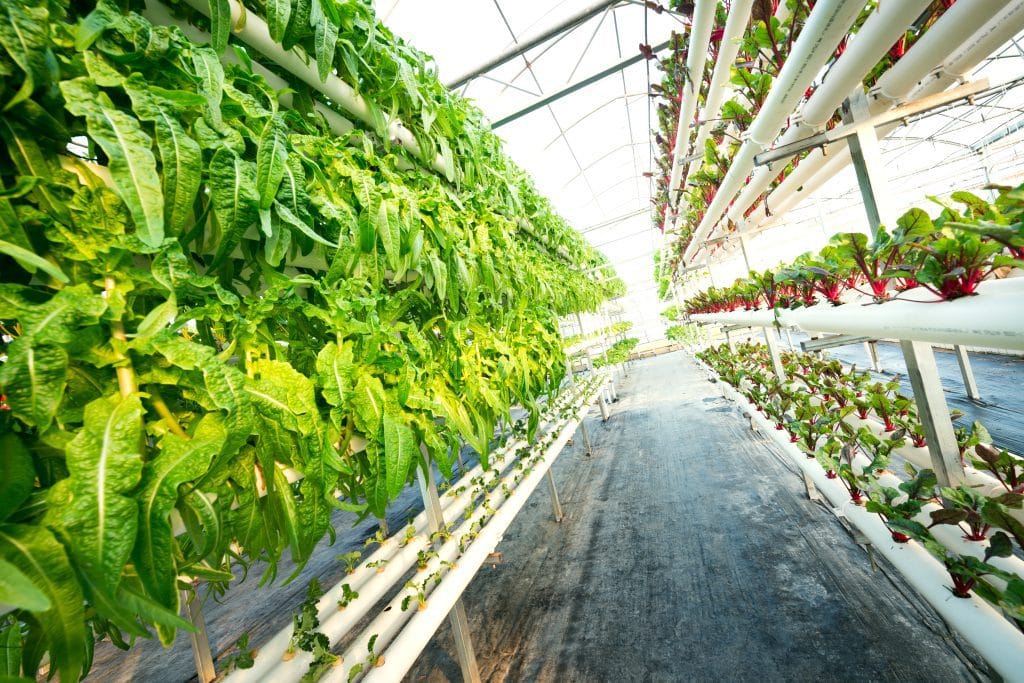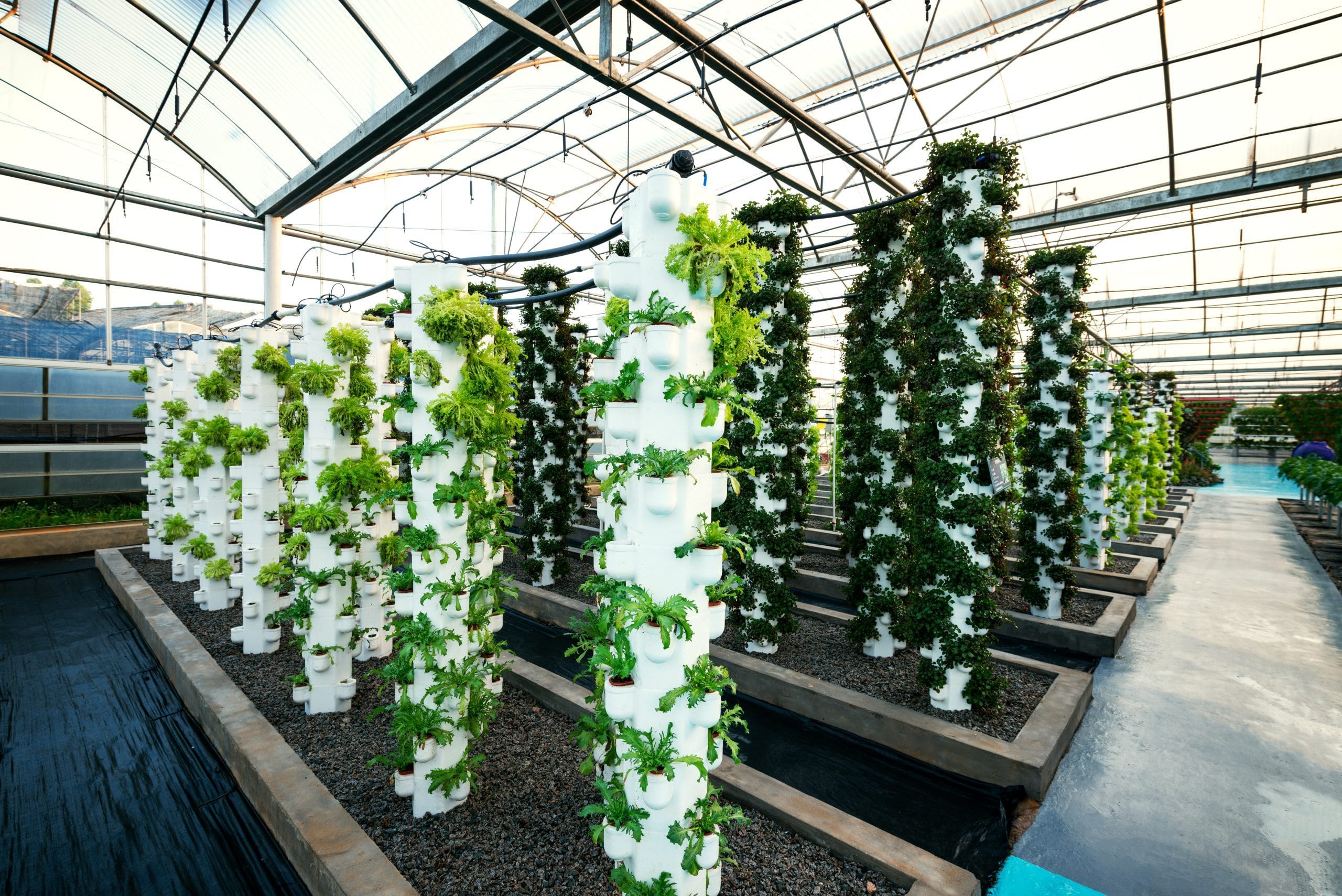What Is Vertical Farming?
Vertical farming involves growing crops in stacked layers, often in controlled indoor environments. The concept maximizes space and resource efficiency, offering a solution to traditional farming’s space and environmental challenges. Vertical farms use artificial lighting, hydroponics, and aeroponics to nurture plants, ensuring that they thrive even in environments without natural sunlight. This method reduces the need for pesticides and herbicides, limits water usage, and enables year-round production.
As global populations continue to grow and urbanization intensifies, vertical farming becomes increasingly relevant as a method for sustainable agriculture. The technology behind vertical farming allows businesses to produce food in locations that would have been deemed unsuitable for traditional farming, including rooftops and vacant warehouses. This flexibility and sustainability make it an attractive option for entrepreneurs looking to break into the agricultural sector.
Why Suburban Markets Are Ideal for Vertical Farming Franchises
Suburban areas, traditionally overlooked in favor of urban centers, are now seeing an influx of vertical farming ventures. Several factors make suburban areas an ideal location for these farming franchises.
Space and Accessibility
Suburban locations often offer more affordable real estate options compared to high-density urban environments. For a vertical farm, this means the potential to access larger spaces for less investment. Whether it’s an abandoned warehouse or a converted retail space, these areas provide the kind of room needed for the multiple layers of crops and complex infrastructure required in vertical farming.
Additionally, suburban areas are typically located close to major transportation routes, making distribution easier. These markets have access to dense urban centers, allowing products to reach customers quickly. This strategic location helps mitigate some of the challenges faced by rural farms, such as transportation costs and distance from major consumer bases.

Consumer Demand for Fresh, Local Produce
There is a growing demand among consumers for locally grown produce that is fresh, sustainable, and free from pesticides. Suburban areas, often home to environmentally conscious consumers, are prime locations for vertical farming franchises to thrive. Vertical farming offers a solution to the challenges of transporting food from rural farms to urban centers by providing locally grown food in close proximity to suburban consumers. This makes it easier for residents to purchase fresh and sustainable produce, reducing the carbon footprint associated with long-distance food transportation.
The Rise of Sustainability Awareness
As sustainability continues to dominate discussions across industries, consumers are more likely to support businesses that contribute to environmental conservation. Vertical farming’s low energy consumption, minimal water usage, and reduction in pesticide reliance make it an appealing option for suburban markets looking to embrace sustainable practices. Many suburban areas are also exploring sustainable initiatives, such as reducing food waste and encouraging eco-friendly business practices, creating an ideal ecosystem for vertical farming franchises to grow.
Business Innovation in Vertical Farming Franchises
Franchise models in vertical farming offer entrepreneurs a way to tap into the growing agriculture sector without having to build their operations from scratch. These franchises provide training, access to proprietary farming technology, and established business models that can be replicated in various locations. The franchisee benefits from the brand recognition, marketing support, and a proven operational blueprint that comes with joining an established company.
Several companies, such as Aerofarms and Plenty are already paving the way for vertical farming’s expansion. These businesses are developing innovative solutions for food production that can be replicated in suburban areas. The success of these early adopters is inspiring new franchise models that provide aspiring business owners with the tools they need to enter the market and start their own vertical farms.

Challenges for Vertical Farming Franchises in Suburban Areas
While the future for vertical farming in suburban areas looks promising, it is not without its challenges. One of the primary concerns for franchisees is the initial investment required to set up a vertical farming operation. The infrastructure needed, including the building, hydroponic systems, lighting, and climate control, can be costly. However, as technology advances, the costs associated with setting up these farms are expected to decrease, making it more accessible for franchisees.
Another challenge is the competition from traditional agriculture. While vertical farming offers several advantages, it still represents a relatively new approach to food production, and some consumers may be hesitant to embrace it. Educating the public on the benefits of locally grown, sustainable produce will be essential for the success of vertical farming franchises in suburban markets.
The Future of Vertical Farming in Suburban Markets
As technology improves and consumer preferences shift towards sustainability, the potential for vertical farming in suburban markets will only grow. With the growing interest in plant-based diets and organic produce, there is ample opportunity for vertical farming franchises to tap into these trends and offer high-quality, locally grown food to suburban communities.
The scalability of vertical farming also makes it a viable option for suburban areas. Entrepreneurs can start small and gradually expand their operations as demand increases. The ability to control the farming environment, grow crops year-round, and utilize limited space efficiently makes vertical farming an attractive business model for suburban locations.
In the coming years, vertical farming could become a cornerstone of suburban food systems, helping to meet the demand for sustainable and locally grown food. This growing market offers ample opportunities for franchisees to become part of an innovative industry that is shaping the future of food production.
Key Takeaways
Vertical farming is gaining traction in suburban markets, offering entrepreneurs the opportunity to tap into a growing industry that meets the demand for sustainable, locally grown food. With space constraints in urban centers, suburban areas are becoming ideal locations for vertical farming franchises to flourish. The franchise model provides a proven business blueprint, reducing risks for aspiring business owners while contributing to the larger movement toward sustainable agriculture. Although challenges remain, such as high startup costs and competition from traditional farming, vertical farming represents a promising business opportunity with the potential for long-term growth and success in suburban markets.








